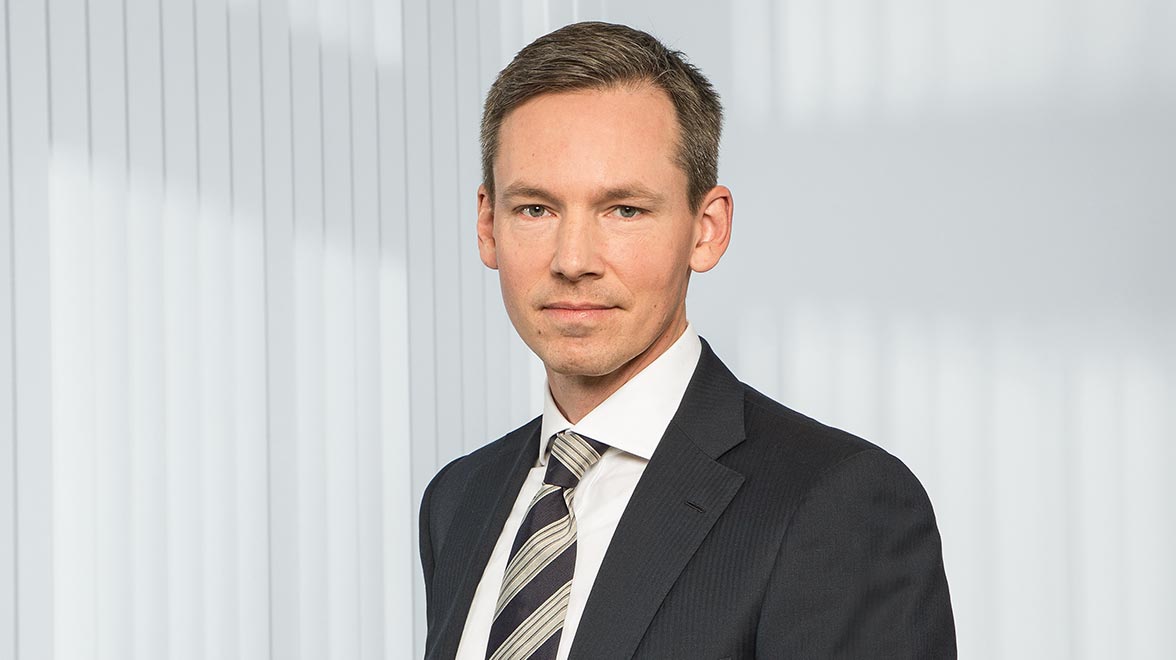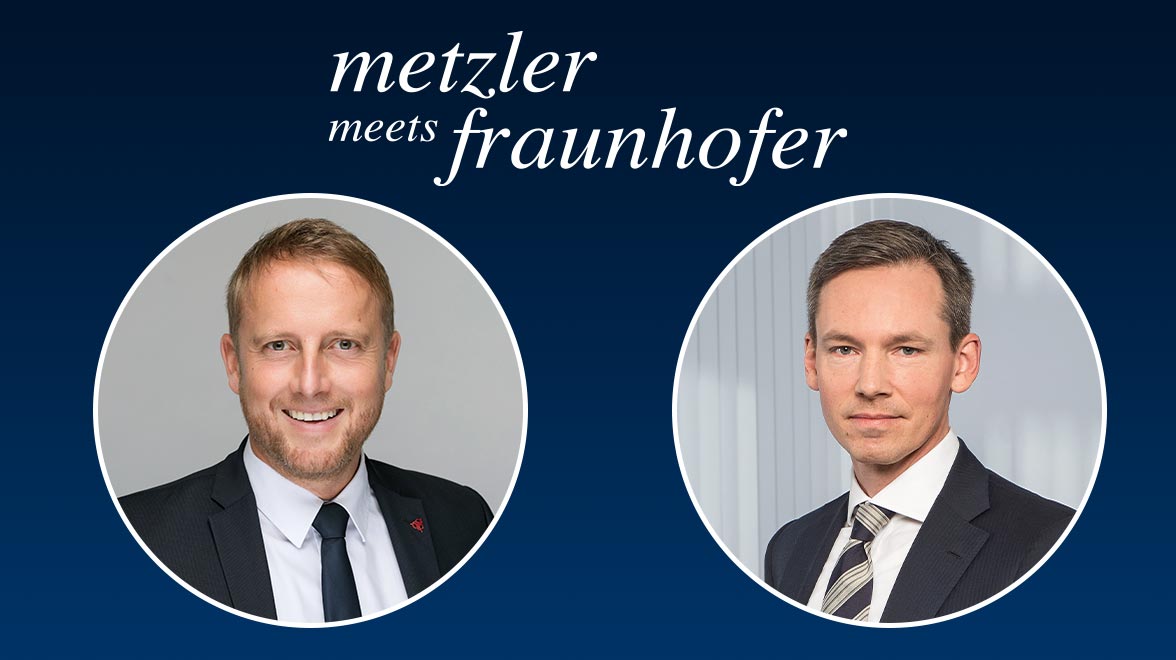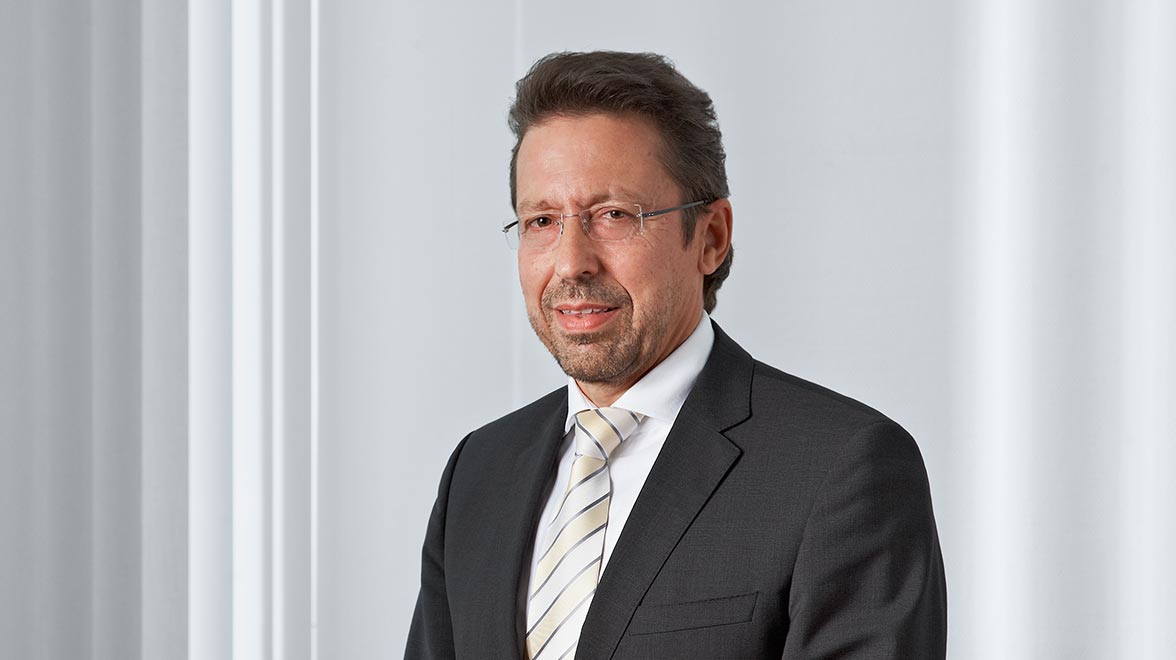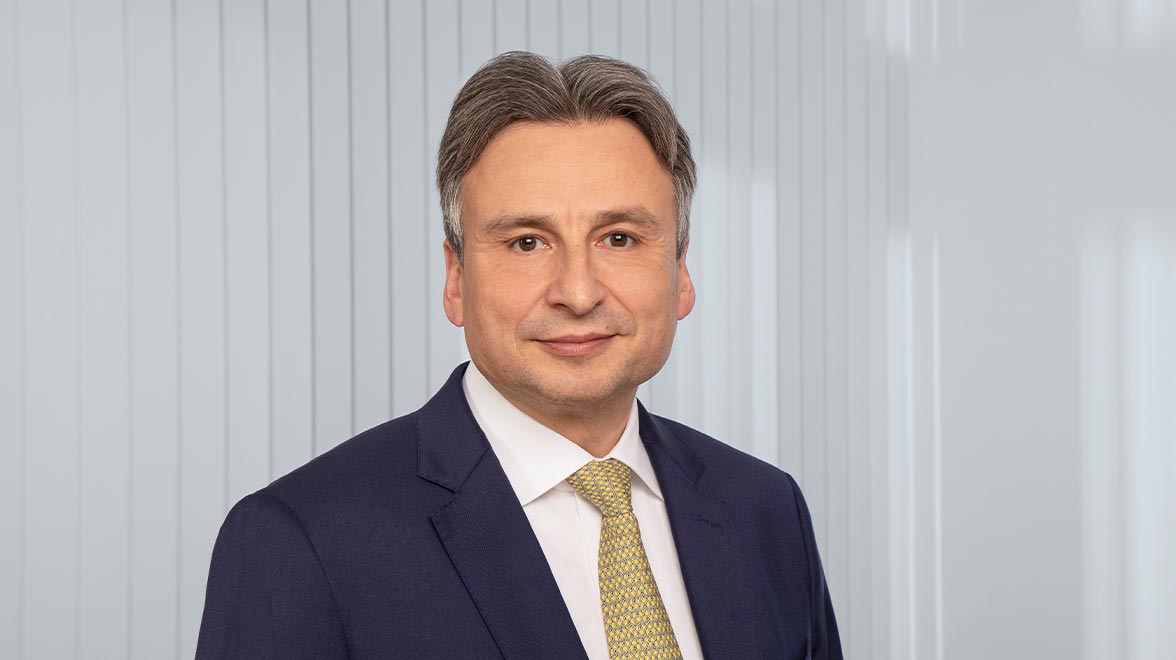Die Klima-Renaissance des deutschen Aktienmarktes
The article is not available in the chosen language und will therefore be displayed in the default language.
Deutschland steht vor gewaltigen Aufgaben. Den beschrittenen Weg Richtung Klimawende konsequent zu Ende zu gehen erfordert langfristiges Denken, entschlossenes Handeln und vor allem: viel Kapital. Dieses Kapital wird nicht allein aus staatlicher Hand kommen können. Dafür sind die Investitionsbedarfe schlichtweg zu hoch – im Idealfall aber auch zu attraktiv, um sie allein dem Staat zu überlassen.
Aktuell tut sich hier ein Fenster auf, das es in ähnlicher Weise seit Dekaden nicht gegeben hat. Deutschland in eine CO2-neutrale Zukunft zu führen, Schlüsselindustrien entsprechend umzubauen, gleichzeitig die Digitalisierung voranzutreiben und die teils marode oder schlichtweg heute noch fehlende Infrastruktur dafür bereitzustellen – das ist eine Mammutaufgabe, die den Schulterschluss von staatlichen Investitionen und viel privatem Kapital erfordert. Allein für den Green Deal werden in Deutschland bis 2045 gigantische Investitionen benötigt. Die Schätzungen der Ökonomen hierzu variieren naturgemäß, doch die Summen zwischen 3 und 6 Bill. Euro reichen aus, die Dimension der Aufgabe vor Augen zu führen.
All das klingt nach einer großen Herausforderung – und das ist es auch. Genauso groß sind aber auch die Chancen, die daraus erwachsen: für Deutschland, in eine zumindest wohlstandsbewahrende Zukunft zu steuern, und für Investoren, die sich planbare Rendite auf langfristig zur Verfügung gestelltes Kapital wünschen. Art und Umfang der notwendigen Investitionen, insbesondere aber auch die Cashflow-Profile erfordern einen hohen Anteil an Eigenkapital. Der Aufbau von Wasserstoff-Infrastruktur, neue Stromtrassen, der immens hohe Bedarf an erneuerbaren Energien aus Wind und Solar, all das sind Themen mit hohen Anfangsinvestitionen und längeren Pay-off-Zyklen. Die kurzfristige Kontokorrentlinie wird hier wenig ausrichten, wohl aber ein solider Mix aus Eigenkapital und langfristiger Projektfinanzierung.
Die Klimaneutralität eröffnet die Chance für eine Renaissance des deutschen Aktienmarktes.
Die gesamte Marktkapitalisierung des deutschen Aktienmarktes liegt aktuell bei rund 1,5 Bill. Euro. Mit den oben skizzierten Themen und Kapitalbedarfen könnte bis zur Klimaneutralität noch einmal das gleiche Volumen in Form neuer, innovativer und zukunftssicherer Unternehmen hinzukommen. Stehen wir also vor einer Renaissance des Aktienmarktes in Deutschland?
Viel wird davon abhängen, ob es uns gelingt, Sinn und Zweck dieses Unterfangens in den Köpfen aller potenziellen neuen Aktionäre zu verankern. Im privaten Bereich hinkt Deutschland im internationalen Vergleich hinterher. Die vollständige Entkopplung der staatlichen Rentensysteme von wertmehrendem Produktivkapital ist ein Luxus, den wir uns schon viel zu lange leisten.
Hier muss ein Umdenken stattfinden, und die vom Bundesfinanzminister auf den Weg gebrachte Aktienrente ist immerhin ein Anfang. Der Name ist dabei unerheblich. Ob Aktienrente oder Generationenkapital, ob schwedisches Modell oder norwegisches – wichtig ist zunächst der gemeinsame Wille von Politik und Tarifparteien zur Veränderung. Vielleicht braucht es in der Anfangsphase etwas mehr staatliche Beteiligung, um das Vertrauen in der Breite der Bevölkerung zu gewinnen. Für ein gutes Produkt ist das nicht notwendig, doch gilt es immer noch die stark unterentwickelte Aktienkultur im Land zu fördern. Mit dem Sozialpartnermodell hat sich in der betrieblichen Altersversorgung bereits viel getan. Bei Anlagehorizonten über viele Jahrzehnte braucht es keine Beitragsgarantien, die zwangsläufig die Rendite deutlich schmälern. Kapital sucht sich rentable Anlagemöglichkeiten, und in Deutschland wird es in den kommenden Jahrzehnten mehr als genug davon geben. Wir sollten uns nur trauen.
More articles
This document constitutes promotional material published by B. Metzler seel. Sohn & Co. AG (Metzler).
It is based on information which is generally available and which Metzler believes to be fundamentally reliable. Metzler has not verified the accuracy or completeness of the information and provides no warranty or representation in respect of the accuracy or completeness of the information, opinions, estimates, recommendations and forecasts contained in this document. Neither Metzler nor any of its shareholders or employees may be held liable for damages or any other disadvantage suffered due to inaccurate or incomplete information, opinions, estimates, recommendations or forecasts resulting from the distribution or use of this document or in connection with this document in any way.
This document is provided for advertising purposes only and does not constitute or form part of any offer or solicitation of any offer to buy securities, other financial instruments or other investment instruments. This document does not meet the legal requirements for ensuring impartiality of investment recommendations pursuant to Section 85 of the German Securities Trading Act (WpHG) in conjunction with Section 20 (1) of Regulation (EU) No. 596/2014 of the European Parliament and of the Council of April 16, 2014 regarding market abuse (Market Abuse Directive) to which Articles 4 and 6 of the Delegated Regulation (EU) 2016/958 of the Commission of March 9, 2016 apply in addition to the Market Abuse Directive. Metzler does not act as investment advisor or portfolio manager in preparing this document. This document does not constitute personal investment advice.
The information, opinions, estimates, recommendations and forecasts contained in this document reflect the personal views of the author at the time of publication on the financial instruments or issuers that form the subject of this document and do not necessarily reflect the opinions of Metzler, the issuer or third parties. They may also be subject to change on account of future events and developments. Metzler has no obligation to amend, supplement or update this document or to otherwise notify recipients in the event that any information, opinions, estimates, recommendations or forecasts stated herein should change or subsequently become inaccurate, incomplete or misleading. The model calculations contained in this document, if any, are examples showing the possible performance and are based on various assumptions (e.g. regarding earnings and volatility). The actual performance cannot be guaranteed, warranted or assured.
This document may not be copied, duplicated, forwarded to third parties or otherwise published, in whole or in part, without Metzler’s prior written consent. Metzler reserves all copyrights and rights of use, including those relating to electronic media. Insofar as Metzler provides hyperlinks to websites of the companies cited in research publications, this does not mean that Metzler confirms, recommends or warrants any data contained on the linked sites or data which can be accessed from such sites. Metzler accepts no liability for links or data, nor for any consequences which may arise as a result of following the links and/or using the data.
This document is subject to the laws of the Federal Republic of Germany. Venue of jurisdiction for any disputes shall be Frankfurt am Main, Germany.
 Deutsch
Deutsch English
English



